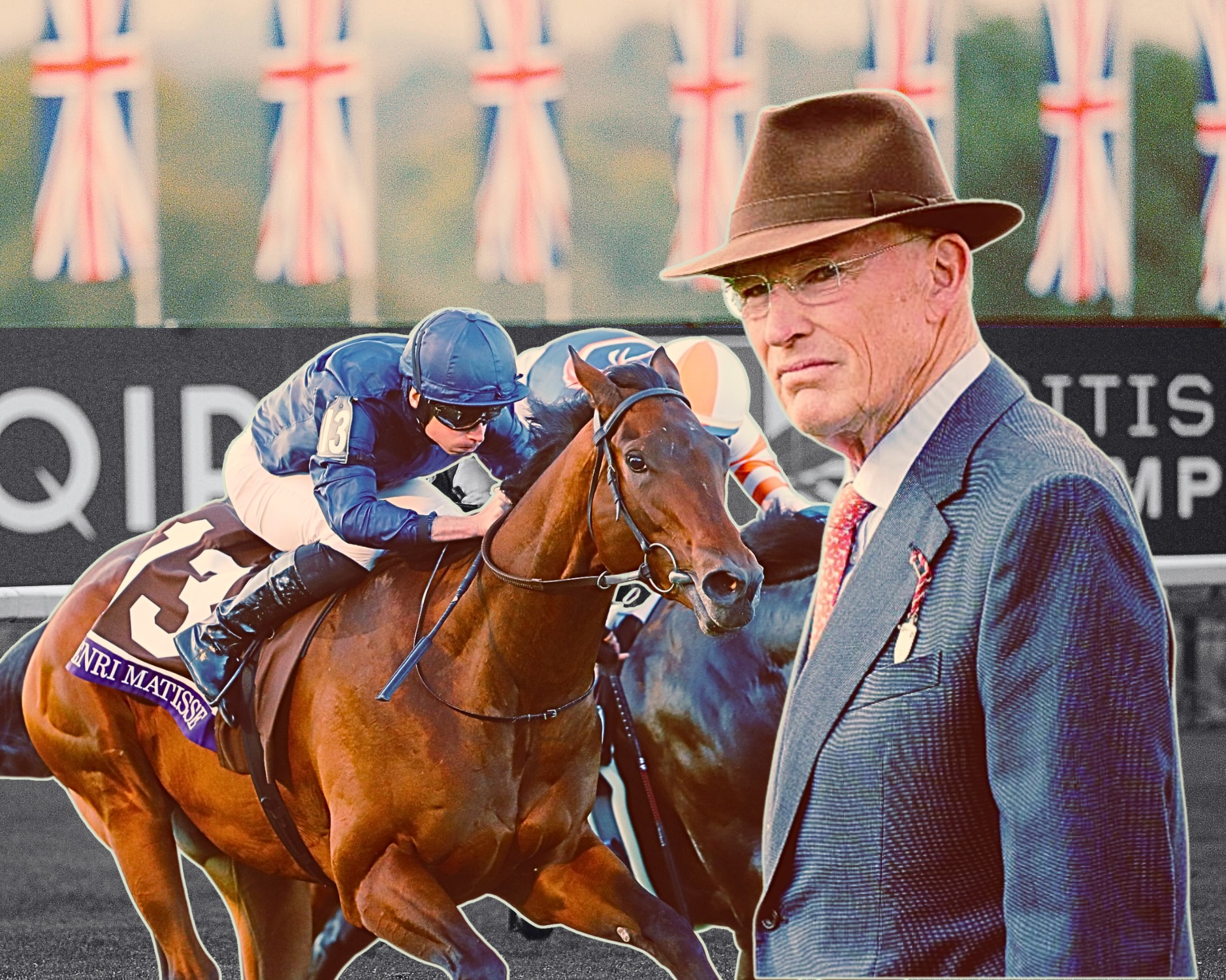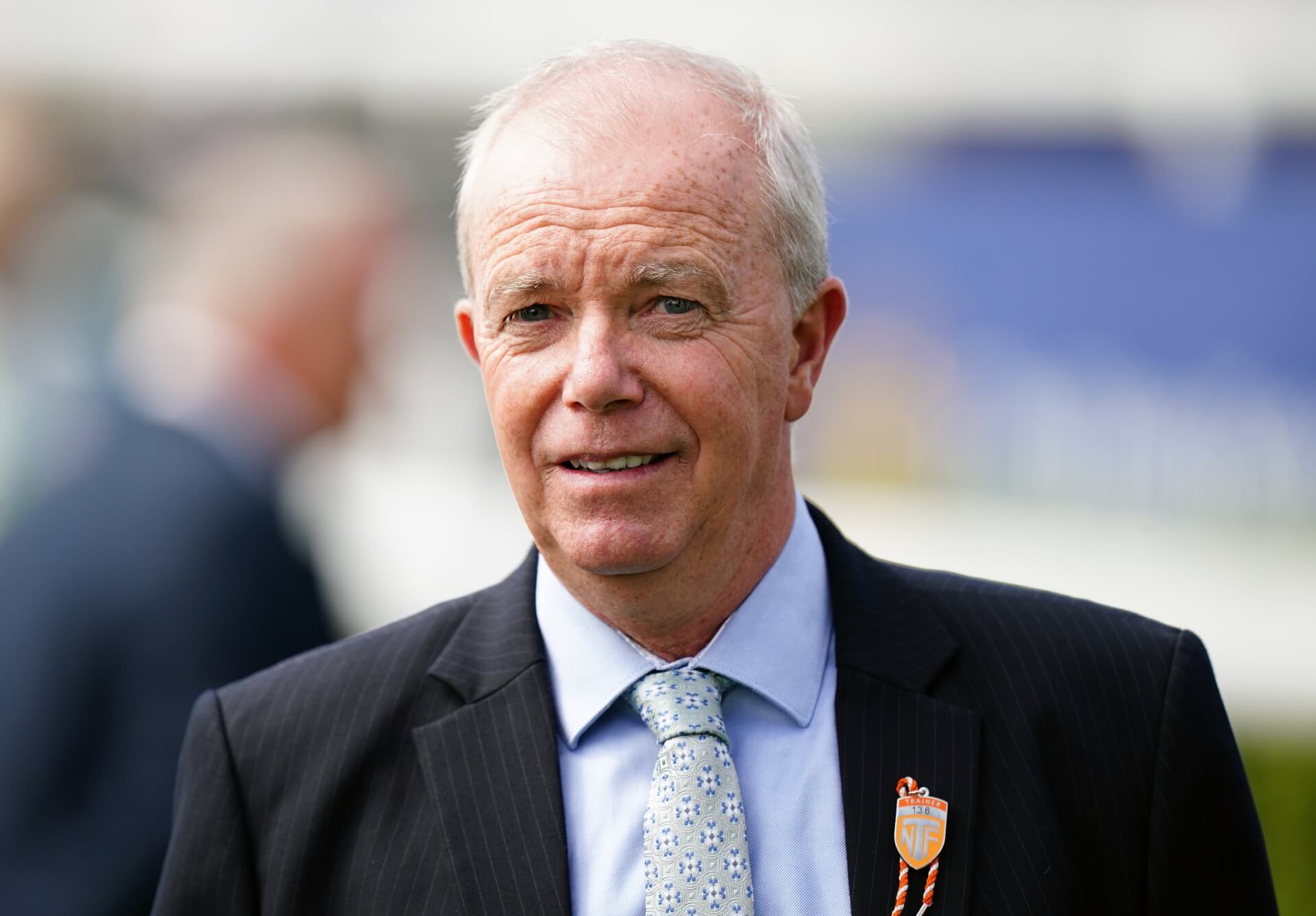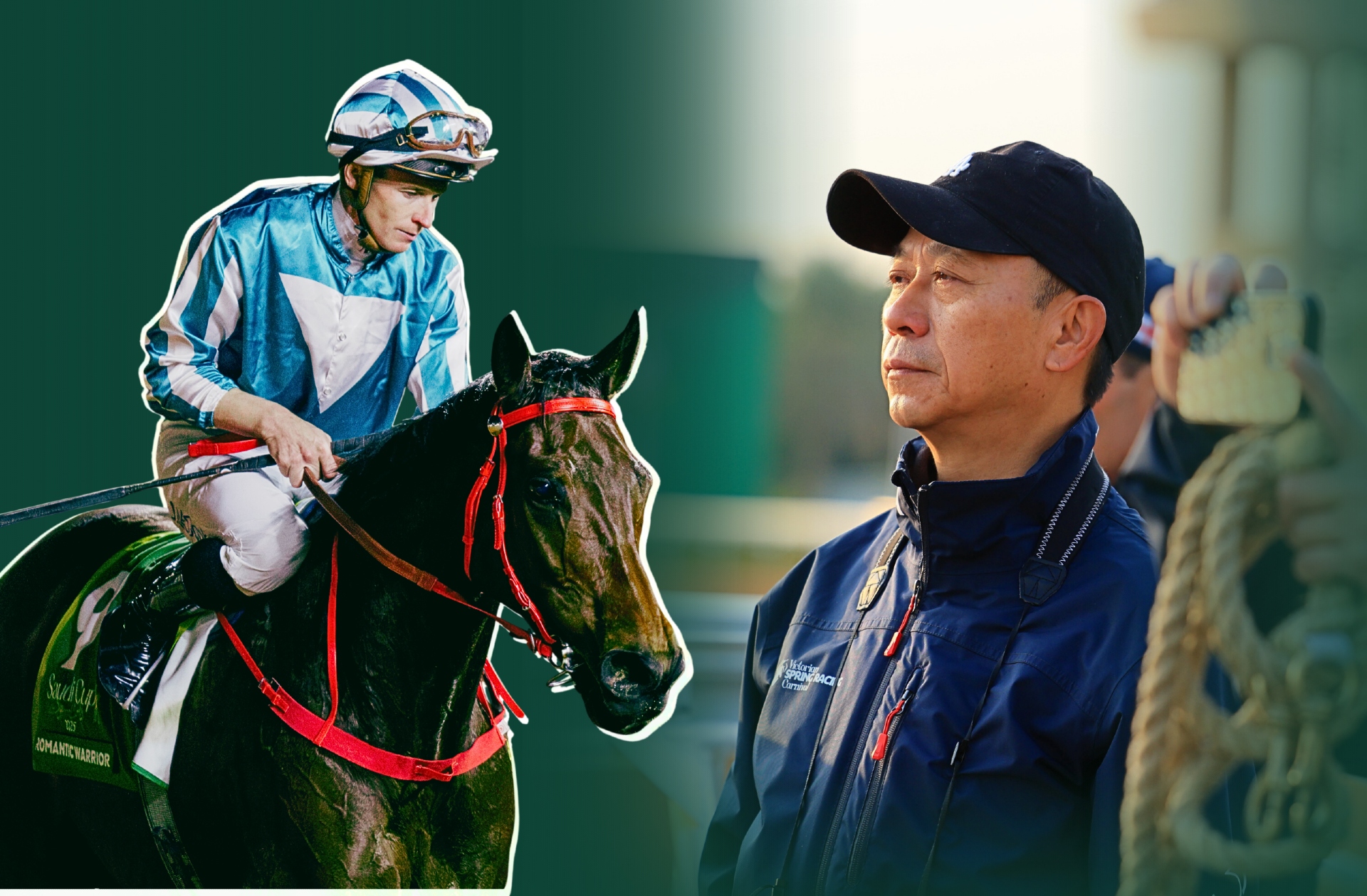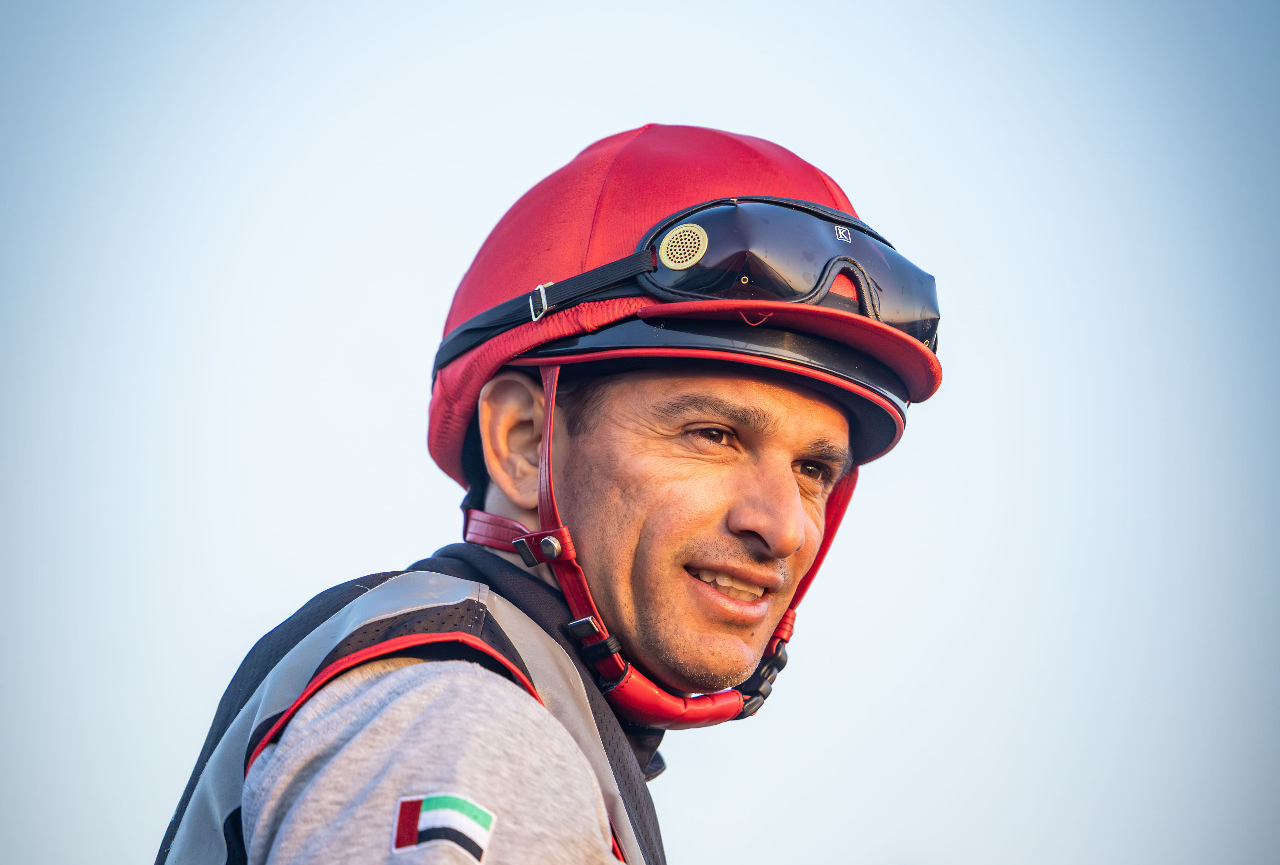Racing Roundtable: Predictions For The 2025 British Flat Season
Doncaster this week marks the real start of the British flat season (whatever the BHA and the marketing bods would have you believe), but which jockey can expect a big 2025? Who has the most to prove? And what ‘easy’ fixes should the troubled British industry make?
Racing Roundtable: Predictions For The 2025 British Flat Season
Doncaster this week marks the real start of the British flat season (whatever the BHA and the marketing bods would have you believe), but which jockey can expect a big 2025? Who has the most to prove? And what ‘easy’ fixes should the troubled British industry make?
27 March, 2025The First Classics Are Just Over A Month Away, What’s Your Early Prediction?
Andrew Hawkins: There’ll be big expectations around Godolphin’s colts this spring. I was happy to flag up Opera Ballo as an Idol Horse “Future Idol” after his Kempton debut win and he certainly lived up to expectations at start two, also over the Kempton mile. He won the same maiden to start his career as last year’s 2,000 Guineas winner Notable Speech, also in the Godolphin silks, so comparisons are obvious.
Where Opera Ballo heads next is uncertain and he could end up in the Poule d’Essai des Poulains or the Prix du Jockey Club instead of the English classics, but if he steps out at Newmarket for the Guineas, he’s a player. And with last year’s top two-year-old Shadow Of Light and his talented sidekick Ancient Truth also sporting the famous blue, Godolphin are well placed for another big spring classic result.
David Morgan: I’m a bit of an Henri Matisse fan myself, and I think he’s being undeservedly overlooked as a serious classic contender. I can see why: he’s not a glamour colt like a City Of Troy and he was steered away from the usually strong British Group 1s like the Dewhurst and the Middle Park won by Shadow Of Light. On the other hand, he was a narrow second in Ireland’s big one, the Vincent O’Brien National Stakes; his Prix Jean-Luc Lagardere defeat is one to put a line through, and his Grade 1 win in the Breeders’ Cup Juvenile Turf was a really good display of speed and courage.
He is by the brilliant sire Wootton Bassett out of the top-class miler Immortal Verse and if there’s no superstar among this classic crop, he’s my idea of the 2,000 Guineas winner, assuming he finds good ground. As for the Derby, well, those waters look muddy right now, so it would be no surprise to see the winner pop out of the shadows in one of the trials.
Jack Dawling: Ruling Court is one to watch going into the 2,000 Guineas. He disappointed as a warm favourite for the G3 Acomb Stakes last August but returned with an impressive six-length win on the Meydan turf on March 1. The son of Justify appeared a much stronger and more professional individual as he was nursed into the race by William Buick before streaking clear. A 2,000 Guineas win would begin to recoup some of his €2.3 million price tag.
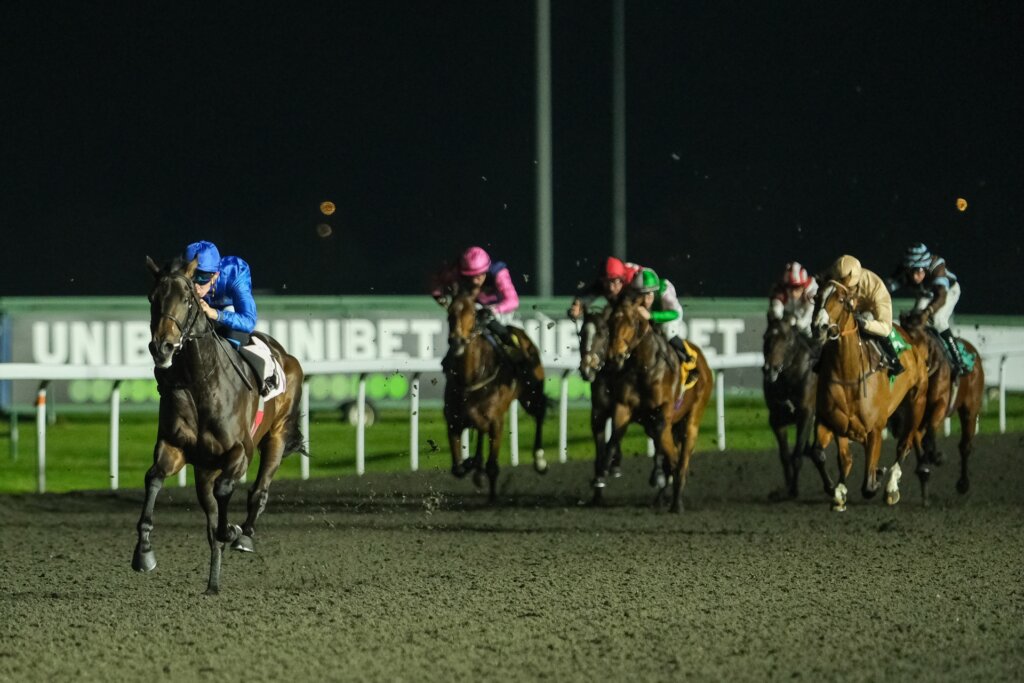
Who Or What Will Be The Sport’s Biggest Mover This Year?
David Morgan: It will be Wathnan. After four wins in Britain in 2023, Wathnan Racing picked up 34 wins last year at a 19 per cent strike rate, including the Queen Mary, the Norfolk, and the Jersey Stakes at Royal Ascot, and the G1 British Champion Sprint Stakes. The Qatari Emir, Sheikh Tamim, has really caught the racing bug and he will continue to invest and push for success in Britain, particularly at Royal Ascot, and beyond.
Jack Dawling: Ralph Beckett’s Arc win last year showed that he is a rising force among the top trainers: he also broke the £3 million mark in prizemoney for the first time in his career and he looks to have the ammunition for another big campaign. While Beckett has become renowned for his superb handling of top fillies, he has 12 entries for the Derby this year, the highest number of any British trainer. He has the backing of influential owners like Juddmonte, Valmont and even Kia Joorabchian who has sent him his 4.4 million guineas Frankel filly. With all that, Beckett has the potential to kick on this year, become a trainer comparable to Britain’s senior trainer, John Gosden, and even step into the void left by the retirement of the great Sir Michael Stoute.
Andrew Hawkins: Moving could be in any direction … so I’m sticking with the Godolphin theme. The international operation has generally fired in March after a quiet start to the year, but there are plenty of whispers about what their future direction will entail in the global context, particularly in Australia. It will be interesting to see if Sheikh Mohammed’s storied operation consolidates and focuses primarily on Britain; or will Charlie Appleby expand his American satellite stable? Where does Saeed bin Suroor sit in Godolphin’s plans these days? A worldwide reduction may be on the cards, but that could have a very positive impact on the ‘home’ base at Newmarket.
Who Is The Jockey To Watch This Season?
David Morgan: Saudi Derby winner Connor Beasley has been profiled in Idol Horse already this year and he’s certainly one to keep an eye on, but I’m going to be watching closely a young apprentice, Warren Fentiman. The young lad is the son of jockey Duran Fentiman and learned the ropes on the burgeoning pony racing circuit before starting his apprenticeship with the strong backing of the Richard Fahey stable. He kicked off with six wins from only 41 rides at the back end of 2024 and since the turn-of-the-year he has added 18 more wins, showing good strength, balance, bravery, and good tactical savvy for an apprentice.
Andrew Hawkins: Callum Rodriguez has had his challenges: he is not naturally light, he has made his name away from Newmarket and Lambourn, in the north of England, and he has come back from a cocaine ban five years ago. However, following his first Group 1 win in 2023, the Haydock Sprint Cup with Regional, he had a breakout 2024. Rodriguez finished eighth in the jockeys’ championship with 68 wins at 20 per cent, a strike rate only bettered by title winner Oisin Murphy among the top 20 riders. If he can produce similar statistics this season, but for a wider range of trainers, his stock should rise further this year.
Jack Dawling: While Dylan Brown McMonagle will be based in County Kilkenny, Ireland, as the retained jockey for Joseph O’Brien, he has all the makings of a rider that will thrive on the big stage when he partners his trainer’s Group 1 contenders in Britain. With the G1 National Stakes winner Scorthy Champ and potential Derby hope Tennessee Stud to look forward to, you wouldn’t even write off a British classic win for the 21-year-old.
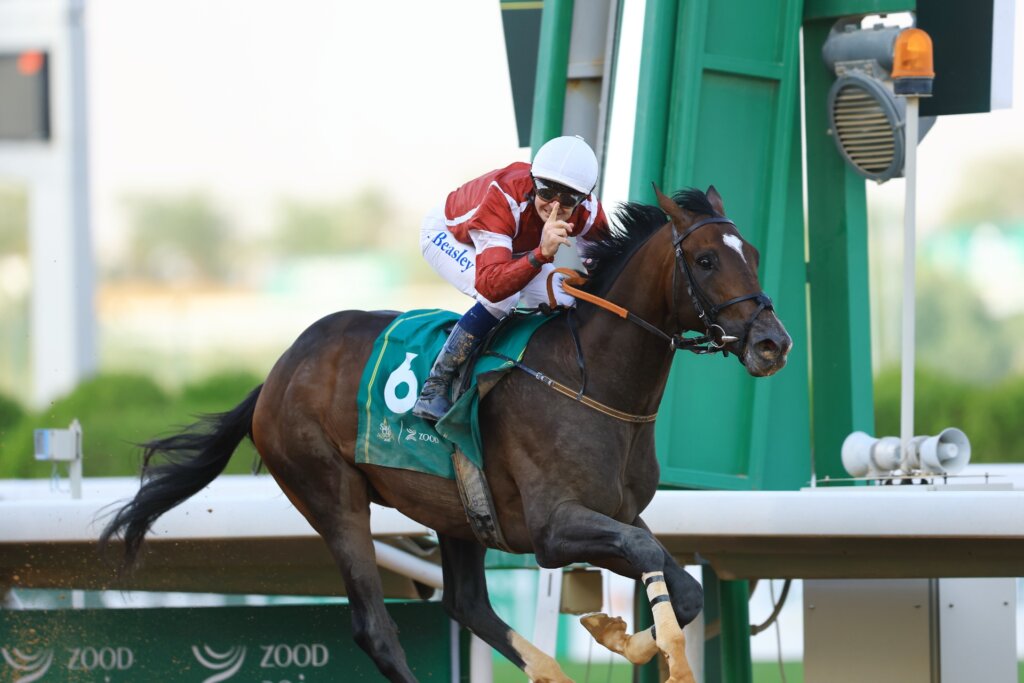
Who Has The Most To Prove This Year?
Andrew Hawkins: On paper, Lord Allen is a terrific choice as the new chair of the British Horseracing Authority. New perspectives should be seen as an asset, yet racing is often criticised for being such an insular sport and industry. That’s perhaps in part because of the history of non-racing people coming in to head up racing bodies around the world: it ends badly more often than not. That was the case recently when Racing Victoria parted ways with chief executive Andrew Jones, who had antagonised many within the industry. Lord Allen has no obvious racing links and will face plenty of challenges when he begins later this year. The first, and most important, order of business will be the appointment of a new chief executive. That will be a pointer to the kind of organisation he is after and will be his first chance to prove himself to an industry that has more than its share of sceptics.
David Morgan: Kieran Shoemark received heaps of criticism last year after being handed the Gosden stable jockey gig, and even though he ended the season with a Group 1 win that scrutiny won’t be going away anytime soon. Truth is, he wasn’t riding badly overall and all it needs is a high-profile win or two early doors to lift his confidence and put that whole episode to bed once and for all. But he’ll need that if he’s to silence the doubters any time soon.
Jack Dawling: Thady Gosden has around him the potential trip wire of being the son of an eloquently-spoken master trainer. With the training partnership now in its fifth year, 2025 seems like the time he’ll need to show he’s a genuinely worthy successor able to continue the Clarehaven Stable legacy at the very top, following a slow 2024 by the famous stable’s standards. The Gosdens collected only two Group 1s in 2024 compared to eight, seven and six in the previous three campaigns and naysayers and critics are always quick to point to the ‘privileged’ progeny as being a factor in any drop-off in achievement.

Which Older Horse Will Make Its Mark In Britain In 2025?
Jack Dawling: Richard Hannon and Sheikh Mohammed Obaid Al Maktoum took a patient approach with Rosallion after he suffered a respiratory infection in the lead up to the Sussex Stakes last year and I think they will be rewarded handsomely this year.
The son of Blue Point found only Notable Speech too strong in the G1 2,000 Guineas and thrived on quick ground thereafter, winning the G1 Irish 2,000 Guineas and the G1 St James’s Palace Stakes. He can emerge as the dominant miler this term, starting with success in the G1 Lockinge Stakes at Newbury.
David Morgan: I have high hopes for last year’s G1 Irish 1,000 Guineas winner Fallen Angel. Wathnan has since bought the Karl Burke-trained filly and we can expect to see her start out in the G1 Lockinge Stakes before heading to Royal Ascot. She’s still had only eight races and with another winter on her back I think we’ll see a stronger, more mature filly that could be taking it to the boys this season.
Andrew Hawkins: The progress Kalpana made at the end of last season was significant. She appears a similar type to another Juddmonte filly in Bluestocking, but she will need to take another step forward from three to four to develop into a potential Arc contender. She gave all the right signs late last year though and she could take all before her this year.
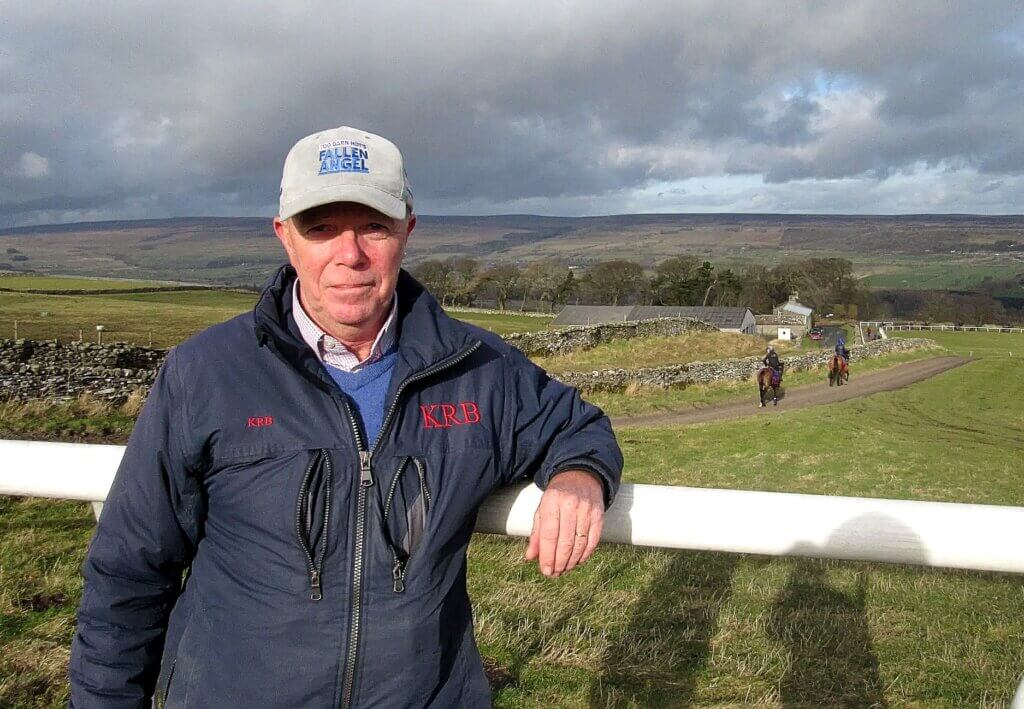
British Racing Has A Host Of Issues, But What’s An ‘Easy’ Fix That Would Improve The Sport and Maybe Even Its Image?
David Morgan: Where to start with this one? First of all, racing in Britain is still a fantastic sport with a ton of great people doing incredible work on the horse side. But there are a lot of tough fixes that are needed, not least issues with funding and prizemoney (or depressing lack of), too many Group 1s in a bloated Pattern, the loss of quality horses sold overseas, the problem of a government pressing on with affordability checks, the explosion of illegal bookmakers, the influence of legal bookmakers, amateur stewarding, BHA weakness, frozen fear in the face of the animal rights lobby, myopic marketing, the fractured system of disparate elements safeguarding their slice, and so on …
But one grassroots fix that should be easy is for each racecourse to get its female changing and shower facilities built, renovated, or whatever they need to get them up to the standard professional athletes should expect. The sport should be shame-faced that in 2025, jockeys, men or women, are not afforded adequate facilities every time they go to work. The guilty tracks need to get their act together, stop making excuses, and just get it done before this year is out.
Jack Dawling: I think it’s about time we gave everyone a set day off and it wouldn’t be difficult nor damaging to the sport to do it. Remember Sunday evening racing? Wow, what an absurd idea that turned out to be. There aren’t many Sunday fixtures worth caring about in the British season and in the instance of the 1,000 Guineas, simply move the race to Friday. For starters, stable staff, trainers and jockeys all deserve a day off in the week from the relentless day on day grind of going racing, and the sport’s packed fixture list would benefit from taking a day each week to allow people to breathe.
Andrew Hawkins: David mentions the bloated Pattern … but it looks dreamy compared to the mess that is the current Pattern in Australia! That said, the steps that have been taken to entice international horses to Britain this year is a move in the right direction. The next step is to ensure that there are more incentives to keep local horses in training in Britain rather than selling them abroad or retiring them early.
For all of the issues that Australia has, one thing that has proven successful is the creation of a lucrative programme for four-year-olds and older horses – think the A$10 million Golden Eagle – that has somewhat stemmed the flow of horses either to stud or to Asia. It has also encouraged the purchase of high-class European horses that would never have raced down under in the past. Perhaps that is something that can be implemented in Britain, and a strong top end has flow-on effects through the entire industry ∎

